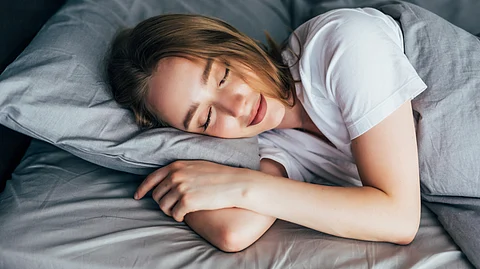A growing number of sleep specialists warn that melatonin supplements do not work alone to fix sleep issues, according to U.S. gastroenterologist Dr. Saurabh Sethi. Users often reach for melatonin expecting a quick solution, but it functions primarily as a sleep–wake cycle regulator—not a cure for insomnia—especially without proper sleep habits.
Experts emphasize that melatonin works best when paired with good sleep hygiene, such as maintaining consistent routines, reducing screen time before bed, limiting caffeine, and creating a calm sleep environment. According to Dr. Sethi, “melatonin helps regulate sleep‑wake cycles, especially when disrupted by factors like jet lag, but it’s not a magic cure for insomnia”.


